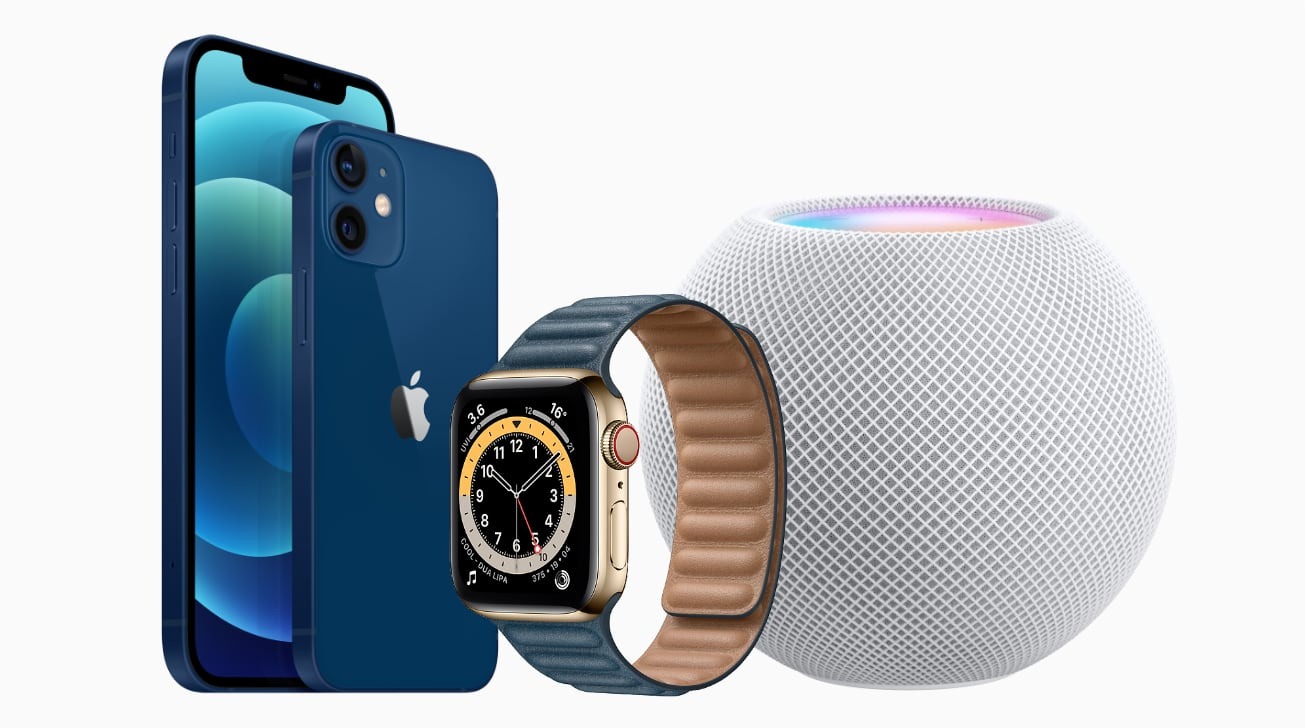Industry sources claim that more companies are developing devices with, or uses for, UWB (Ultra-Wideband), following the popularity of it in Apple's iPhone 12 range and other devices.
As Apple continues to add Ultra-Wideband processors to most — but not all — of its devices, now other firms are reportedly following suit.
Following previous reports that Tile is to introduce UWB tracking to its tags, now Digitimes claims that the technology is being increasingly widely adopted.
"Apple has adopted the UWB technology for iPhone 11 and 12 series, Apple Watch 6 and HomePod mini," says the publication, "while Samsung Electronics has launched UWB-enabled smartphones including the Galaxy Note 20 Ultra and the Galaxy Flip 2 and China-based Xiaomi has also offered a UWB-enabled smartphone model."
Citing unnamed sources within the industry, Digitimes claims that, "other China-based smartphone vendors including Oppo and Vivo are expected to adopt UWB technology for their flagship models."
As well as the iPhone 12 range, Apple has included UWB in the HomePod mini, and in 2020 introduced it to the Apple Watch Series 6. Apple is also in discussion with car manufacturers such as BMW over an updated version of its CarKey technology that will use UWB.
Digitimes also claims that Apple is more actively pursuing CarKey partnerships than other UWB avenues.
"Apple seems to be uninterested in joining UWB Alliance or FiRa (fine ranging) Consortium," it reports, "[It] prefers Car Connectivity Consortium in which it is expected to promote addition of UWB technology to digital car keys."
Digitimes has a poor reputation for drawing conclusions about Apple products from its sources. It has a much stronger one for reports surrounding Apple's supply chain.
Ultra Wideband is for short-range, highly accurate location tracking. One UWB device is typically able to assess the distance, and the relative location, of another such device. It's most immediately use is with tracking applications such as Find My, but Apple is also using it to enable the handoff of music or other audio from one device to another.
 William Gallagher
William Gallagher







-m.jpg)






 Malcolm Owen
Malcolm Owen
 Christine McKee
Christine McKee

 Amber Neely
Amber Neely













26 Comments
I had to look it up, but "FiRa Consortium and the UWB Alliance announced their formal liaison to "accelerate the development and adoption of UWB technology"". They develop "technology for use cases such as access control, location-based services, and device-to-device services". I don't know why Apple WOULDN'T want to be a member. There are other member that work on things like access control devices for doors. Wouldn't it be so easy to use your iPhone and/or Apple Watch to, say, lock and unlock your front door? They're already working on it for your car. That would make it SO much more convent.
Apple isn't prompting anyone to use the technology more.
UWB has been widely used in industry for years and was likely to appear in consumer grade devices at some point.
The two main reasons it hasn't become more widespread until now were:
1. Cost. For what it offers, it has been an expensive technology.
2. Need. Other technologies that were already available on devices have covered all of the use cases to date (NFC, bluetooth and even WiFi).
As use cases develop and prices come down, UWB will eventually become more common.